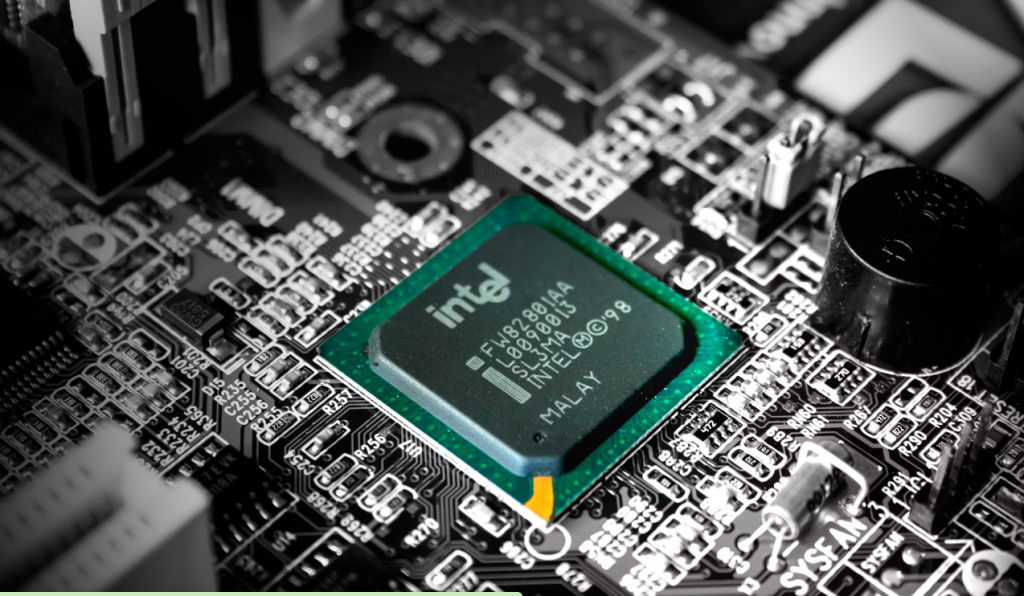The ongoing tussle between major chip manufacturers and the U.S. government has thrown Huawei’s chip supply into uncertainty. Intel, amidst mounting pressure, retains its license to sell advanced laptop CPUs to Huawei, while its rival AMD finds itself caught in bureaucratic limbo. These developments not only shed light on the intricate dynamics of U.S.-China tech relations but also underscore the economic stakes at play.
Since the Trump administration’s decision in September 2020 to grant Intel a license to continue supplying chips to Huawei, the industry landscape has been marked by intense competition and political maneuvering. AMD’s efforts to secure a similar license hit a dead end, leaving the company grappling with a significant revenue disparity estimated at over $512 million.
The disparity in licensing treatment has not gone unnoticed. AMD’s claims of unfair treatment have been bolstered by industry skeptics and political figures like Republican Senator Marco Rubio, who have urged the Biden administration to reassess the situation. Despite these calls, government officials have remained tight-lipped, leaving the fate of Intel’s license uncertain as it approaches expiration later this year.

Huawei, a key player in the global laptop market, faces the brunt of these regulatory uncertainties. With the majority of its CPUs still sourced from Intel, any further limitations on chip sales could spell trouble for the company’s laptop offerings, according to analysts. The Chinese tech giant’s growing market share, particularly in its home country, hinges on its access to Intel chips, making the outcome of these deliberations critical for its prospects.
The complexities of the situation extend beyond AMD and Intel, impacting other chip makers like Qualcomm and MediaTek. While Qualcomm managed to secure a license to power Huawei’s smartphones, Mediatek faced a setback when its application was denied, resulting in a sharp decline in sales.
As the industry braces for potential policy shifts, Microsoft’s recent collaboration with Intel for chip manufacturing further underscores the significance of these developments. Amidst the backdrop of escalating U.S.-China tensions, companies are navigating a precarious landscape where regulatory decisions have far-reaching implications for global supply chains and market dynamics.
While the fate of Intel’s license hangs in the balance, the broader ramifications of these licensing policies echo across the tech industry.
Related:
- Lenovo Xiaoxin Pro 16 2024 with Intel Core Ultra 9-185H launching in April, specs revealed
- AMD APU leak details Strix Point, Sarlak, Kraken, and Sound Wave architectures
- U.S. to grant TSMC $5 billion for Arizona Chip Plant
- Chinese Scientists Create a Brain-Analysis Chip by Learning from Space Research
(via)




